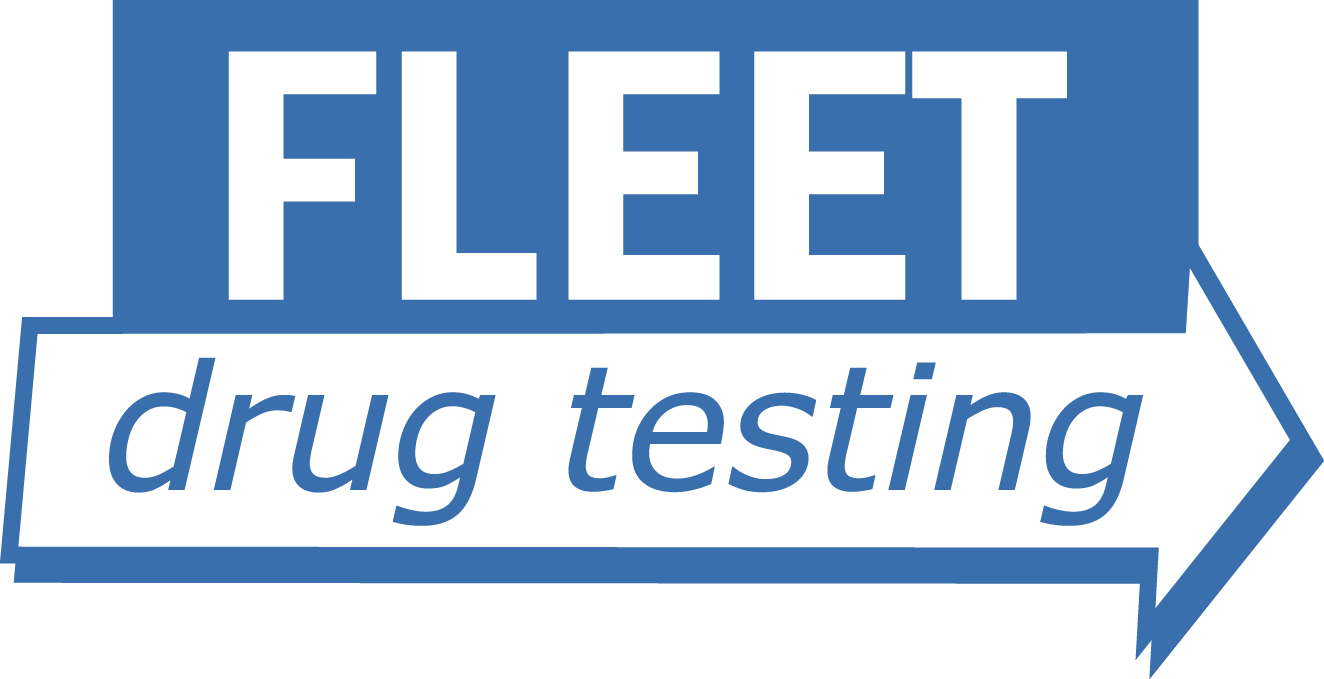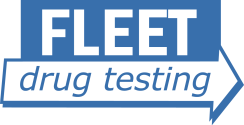Fleet FMCSA Drug Testing
Simple. Safe.
DOT-Compliant
DOT-Compliant Drug & Alcohol Testing, Consortium and Clearinghouse:
DOT Drug Testing Locations in Washington Near You
Your One-Stop Solution for:
ENROLL in our DOT FMCSA testing program to assure compliance.
No matter where you are, there’s a testing location nearby ready to serve you.

DOT Compliant Drug and Alcohol Testing Services for CDL Drivers
Whether you’ve just obtained your CDL license or are an employer with new drivers, you must comply with DOT/FMCSA Drug and Alcohol Testing rules and regulations
Owner-operators or “for hire” CDL license holders are required to undergo testing through a Third-Party Administrator (C/TPA) such as Fleet Drug Testing before driving a commercial vehicle. They are not permitted to manage testing themselves.
At Fleet Drug Testing we manage everything for you. Simply enroll into our FMCSA drug & alcohol testing consortium and we will ensure your DOT testing requirements are fulfilled in a cost-effective manner.

FMCSA Drug Testing Requirements for Owner-Operator ("For Hire") CDL Drivers
If you’ve just obtained your CDL license and intend to work as a “for hire” driver, you must undergo pre-employment testing before operating a commercial vehicle.
FMCSA regulations also require you to enroll in a drug and alcohol testing consortium and participate in its random testing pool.
Meeting these requirements is as simple as joining our testing program. We offer enrollment into a consortium which simplifies the compliance process by providing pre-employment testing, random testing and more. This ensures that all FMCSA testing requirements are met in a cost-effective and efficient manner.

FMCSA Drug Testing Requirements for Employers
As per the FMCSA, CDL employers are required to implement a drug and alcohol testing program for their drivers. This includes conducting pre-employment, random, post-accident, reasonable suspicion, return-to-duty, and follow-up testing.
Employers are also required to provide educational materials and training on drug and alcohol misuse for drivers. Records of the testing program must be maintained and made available to the FMCSA upon request.
We offer comprehensive services to help trucking and other CDL employers fulfill these FMCSA requirements. From random testing selection, sample collection, testing, record keeping, and reporting we ensure compliance in a cost-effective and efficient manner.
Enroll Now. DOT Compliant Drug & Alcohol Testing Consortium Prices
DOT COMPLIANT
ENROLLMENT-
Certificate of Enrollment
-
Online Access to Your Account
-
Medical Review
-
Nationwide Collection Sites
Additional Drivers ($10 each)
Pre-Employment Drug Testing ($60 each)
DOT COMPLIANT
ENROLLMENT & TESTING-
Certificate of Enrollment
-
Online Access to Your Account
-
Medical Review
-
Nationwide Collection Sites
-
Pre-Employment Drug Test
-
Random Drug Testing
Add Additional Drivers ($100 each)
ONLINE
SUPERVISOR TRAINING-
Supervisor Role Training
-
Alcohol & Drug Test Training
-
Training Certificate
Questions? Give us a call at (888) 709-5029, M-F 8am to 5pm (PDT)
We Provide and Manage All Federally Mandated Testing Requirements:

Pre-Employment Drug Testing
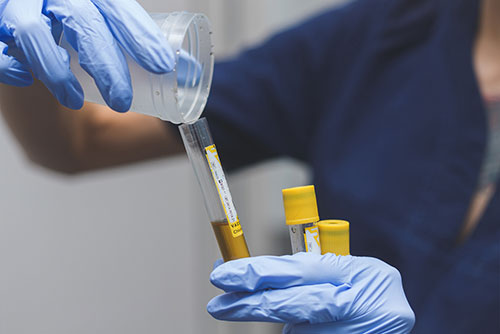
Random Drug and Alcohol Testing

Post-accident Drug and Alcohol Testing

Reasonable Suspicion Drug and Alcohol Testing

Return-to-Duty Drug and Alcohol Testing
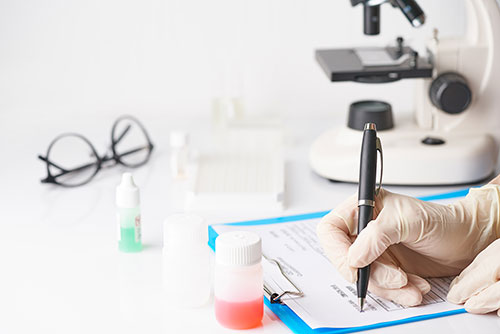
Follow-up Drug and Alcohol Testing
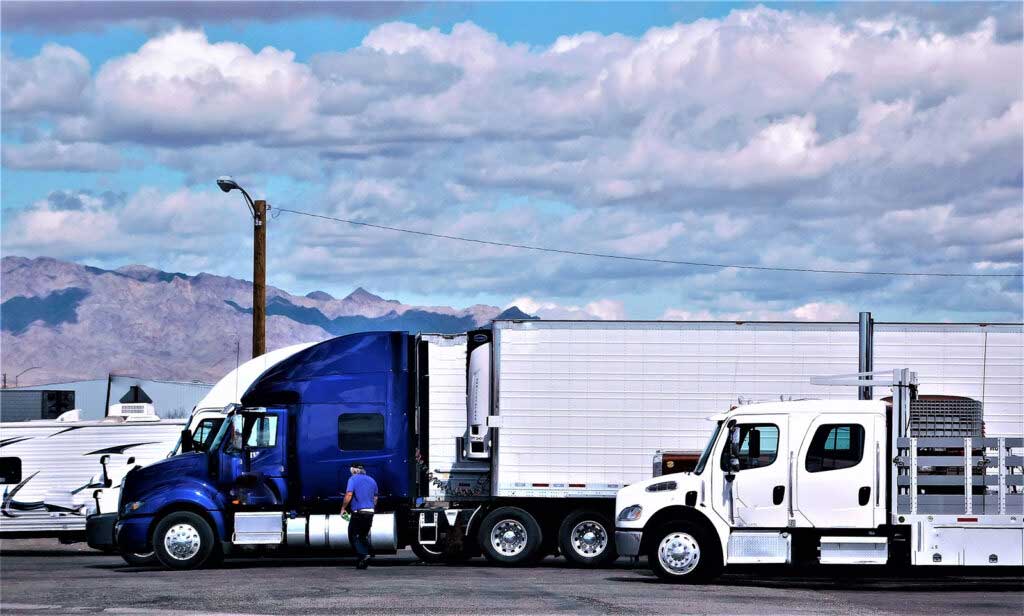
Stay Compliant the Easy Way
As any trucking company, commercial driving company or owner-operator is subject to DOT regulations, participating in our DOT drug & alcohol testing consortium can provide you with several benefits, such as:
- Simplify the drug testing process – Our drug testing consortium can handle all aspects of the drug testing process, including specimen collection, laboratory testing, and result reporting. This can simplify the process for owner-operators and ensure compliance with DOT regulations.
- Reduce costs – By pooling resources with other companies and owner-operators, consortium members can benefit from reduced drug testing costs. Our consortium can also negotiate lower rates with testing facilities and pass those savings on to our members.
- Ensure compliance – Probably the biggest benefit to our drug testing consortium is that it can help ensure compliance with all DOT drug and alcohol testing regulations. This can include providing guidance on testing frequency, ensuring proper specimen collection procedures, and maintaining accurate records. All of these are vital for single-vehicle owner-operators.
- Provide expert support – The staff of our drug & alcohol testing consortium can provide expert support and guidance on all aspects of the drug testing process. This can include answering questions about testing requirements, providing training on drug and alcohol testing procedures, and helping owner-operators navigate any compliance issues.
- Increase accountability – Our consortium members are held accountable for complying with DOT drug and alcohol testing regulations. This can help ensure a level playing field for all owner-operators and reduce the risk of non-compliance.
Get DOT Compliance Drug Testing
Fill out this form and a member of our team will reach out shortly.
"*" indicates required fields
DOT Regulations and Safety-Sensitive Employees
As the primary federal agency tasked with ensuring the safety and efficiency of the transportation system, the DOT bears a significant responsibility to all individuals across many different forms of travel. In order to do this, the DOT focuses much of its regulations on certain “safety-sensitive” employees. These are individuals who perform:- Job duties that may impact their ability to operate a commercial vehicle safely or who are responsible for the safety of themselves, their passengers, and others on the road, track, or air.
- Truck drivers
- Bus drivers
- Pilots
- Air Traffic Controllers
- Ship captains and crew
- Engineers
- Conductors
- Railroad workers
DOT Requirements for Drug and Alcohol Testing
Under DOT regulations, drug and alcohol testing for safety-sensitive employees is mandatory in several situations:- Pre-employment
- Post-accident
- Random testing, where drivers and other employees must submit to a certain percentage of drug and alcohol testing each year. DOT rates are currently set at 50% for drug testing and 10% for alcohol testing.
- Return-to-duty
- Follow-up
- Marijuana/THC
- Cocaine
- Amphetamines (including methamphetamine and MDMA)
- Opioids (such as codeine, heroin, and morphine)
- Phencyclidine (PCP)
Procedures
Testing is only one part of the regulations, though. They also have strict protocols when it comes to chain of custody and testing sites so that they can ensure the accuracy and validity of the results. Generally, the procedure and protocols for a DOT drug test include the following steps:- Employers are responsible for ensuring that their employees know the testing procedures and protocols, including when and where they will be tested.
- At the testing site, a trained collector obtains a urine sample from the employee. The collector ensures the specimen is properly labeled and sealed to prevent tampering.
- The urine sample is divided into two separate containers, called the primary and split specimens. The primary specimen is sent to a certified laboratory for testing, while the split specimen is stored at the collection site in case of a challenge to the test results.
- The primary specimen is analyzed at a certified laboratory using an immunoassay test. A confirmation test is conducted using gas chromatography/mass spectrometry (GC/MS) if the result is positive.
- Once the results are in, a Medical Review Officer (MRO) reviews the test results and contacts the employee if there is a positive result. The MRO will also ask the employee whether they are taking prescription medications that could lead to a positive drug test result. If the employee can provide a valid medical explanation for the positive result, the MRO will report the result as negative.
- The MRO reports the test results to the employer. In the event of a positive test, the employee has to be removed from safety-sensitive duties immediately. The employer may also be required to report the positive result to the DOT.
- Employees who test positive must complete a substance abuse evaluation and follow-up testing program. The employee must test negative on a return-to-duty test before they can resume safety-sensitive duties.
Consequences of Non-Compliance with the DOT Drug Testing Program
Obvioulsy, not complying with DOT regulations can negatively impact your business, whether you manage a fleet of trucks or operate your own vehicle. But using drugs or alcohol as a driver is only one way in which you could be outside of these regulations. Another is by failing to use a certified lab that the DOT approves. This, obviously, would call any testing results into question. These regulations are in place for a reason: to ensure everyone is safe. When you or your company is not in compliance with these regulations, it can have serious consequences, such as:- Financial consequences – Failing to comply with DOT regulations can result in fines, loss of contracts, and even legal action. Additionally, employers may be subject to increased scrutiny from the DOT and may face difficulty obtaining permits or licenses in the future.
- Employment consequences – For an employee, failing a drug test or not complying with DOT regulations can lead to suspension or termination of employment, loss of commercial driving privileges, and difficulty finding employment in the transportation industry in the future.
